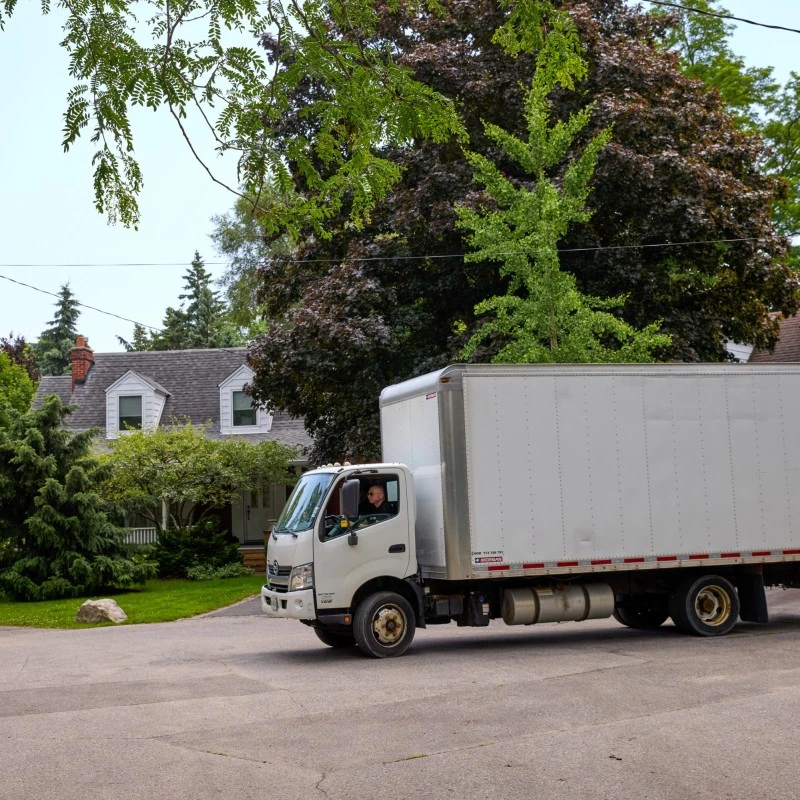A Complete Guide to Common Municipal Bylaws in Canada


Canada is known to have relatively safe, orderly and clean neighbourhoods, and bylaws are the (often-unnoticed) reason why things operate so smoothly.
Municipal bylaws are local rules created by the governments of cities or towns. Permission is granted from the provincial government to make these laws, based on broader provincial laws such as the “Community Charter” or the “Local Government Act” of each province/territory.
No one likes to see troubling situations such as industrial land use in a residential area, illegal hunting or trapping, dangerous traffic situations or improper waste disposal, etc. Bylaws regulate local issues such as land use, animal control, traffic, businesses and public safety and services.
This article covers the main bylaw categories for municipalities in Canada:
Property and zoning laws

Zoning laws dictate how a property owner can make use of their land. These regulations are important for landowners as they can affect the value of the property. There are three categories of zoning laws:
-
Residential zones - These areas are designated for living spaces, and regulate the use, height and density of residential buildings.
-
Commercial zones - These areas are intended for business such as shops, restaurants, banks, gyms and offices, etc. Zoning regulations dictate what type of business can operate on a specific property.
-
Industrial zones - These are areas where companies are permitted to manufacture industrial products or run factories, power plants, warehouses and other establishments related to industry. Also included in the list are product storage or distribution centres, and energy or fuel refineries.
Zoning laws also include requirements for permits when undergoing renovations or new constructions.
Land use restrictions cover restrictions on property use, size, and placement of buildings. Some tourist towns and cities in Canada have restrictions on how tall buildings can be, in order to maintain an attractive atmosphere and not block views of oceans and waterways for others.
Heritage properties have their own set of unique preservation bylaws. These buildings link a culture to its history and identity. They tell stories of the past, including historic architectural practices. They are full of character which is a refreshing contrast to today’s modern cookie-cutter world of repetitive design.
Preservation of historic buildings instead of demolition and rebuilding is a true art, more sustainable and shows respect for the hard work and achievements of our predecessors.
Public Safety and Health Regulations
 Public safety and health bylaws cover three main areas:
Public safety and health bylaws cover three main areas:
-
Waste management - These are laws put in place for proper garbage disposal, recycling practices and hazardous waste management. Thanks to Canada’s strict anti-littering stance, our streets, parks and roadsides are mostly clean and free of garbage.
Understanding Canada’s Recycling and Waste Management Systems
-
Animal control - These regulations dictate how many pets people can have in their area, whether the animals need licensing, which species are allowed, and whether or not an animal needs to be leashed in specific areas like parks and waterfront. In some public areas it is even a ticketable offence to leave you dog’s waste.
-
Fire safety code - There are regulations in place that promote fire safety in homes, apartments and business. These bylaws ensure that there are direct, unobstructed paths to doorways, that outdoor stairwells are in place and accessible for buildings with multiple stories, and that fire hydrants remain accessible to firefighters, etc.
Public spaces and environment

Canada is known for cleanliness and safety of public spaces. There are bylaws in place that cover three main categories of regulations for public spaces and environment:
-
Parks and recreation - These rules govern public park usage such as regulations regarding camping, day-use, motorised vehicles and boats, etc. Bylaws cover hours of operation for some parks and also how they are maintained.
-
Environmental bylaws - These rules cover bylaws addressing pollution, pesticide use, and tree protection.
-
Street and sidewalk maintenance - The laws address where snow removal is a requirement and the general cleanliness of streets and sidewalks.
Noise control laws

Excessive noise coming from large sound systems, construction sights, etc, is regulated to keep the peace in the neighbourhood. Special events that require amplified sounds often need specific permits to operate.
In rural and unincorporated neighbourhoods, it's considerate to communicate with neighbours before hosting a large party or beginning a construction project. This is a respectful way to make sure the neighbours are aware of the excessive noise and can plan accordingly.
Business Regulations
The three components of business regulations in Canada are:
-
Business licences - If you have the proper zoning and want to run a business on your property, there are requirements for obtaining a licence and following operational standards.
READ: Starting a Business in Canada: A Step-by-Step Guide
-
Health inspections - Many types of businesses including those related to food, health, fitness and recreation, have to adhere to strict rules in order to pass health inspections. Inspectors will often arrive unannounced in order to inspect the day-to-day operations of a business.
-
Signage and advertising - There are regulations for hanging signs, banners and other advertisements for your business. These requirements address visibility, size and placement of your signs. Heritage and tourist areas have special restrictions on advertising in order to maintain an attractive look and feel to an area.
Bylaws vary from province to province so it’s imperative to conduct your own research before starting a large project such as renovating your home or starting a business.
What do our customers say?














